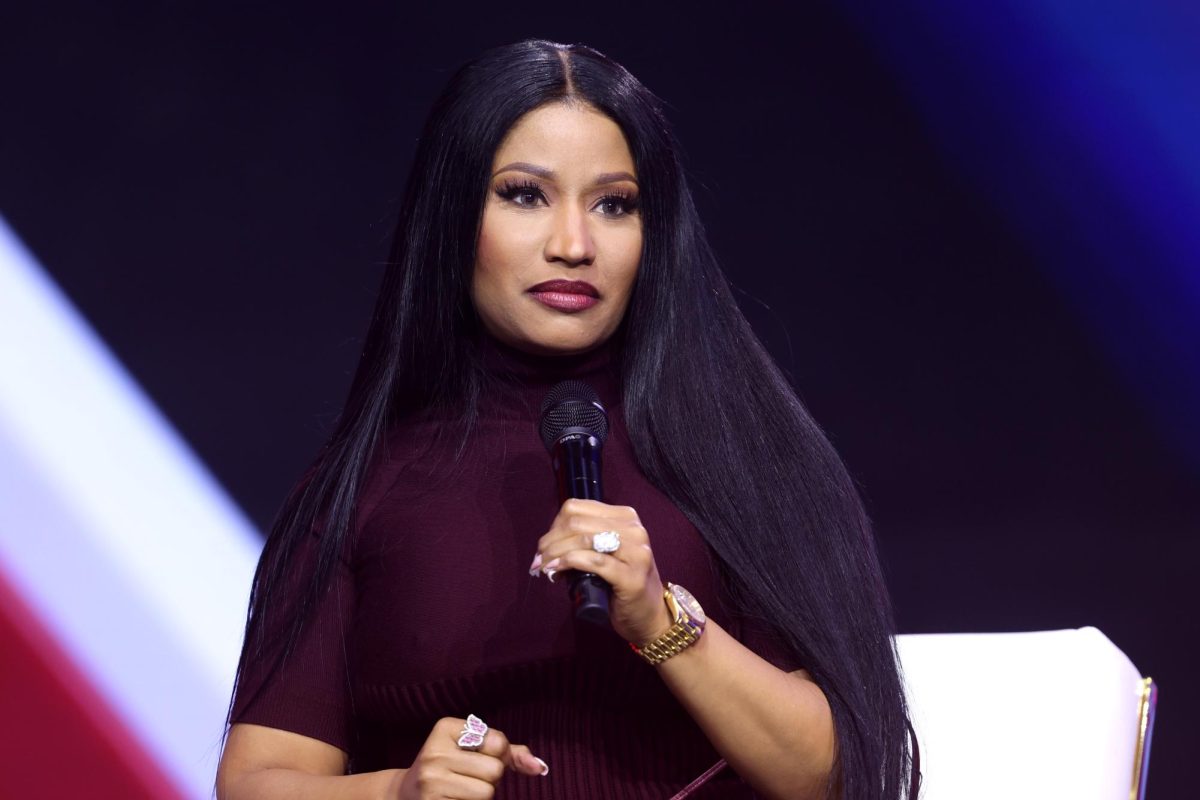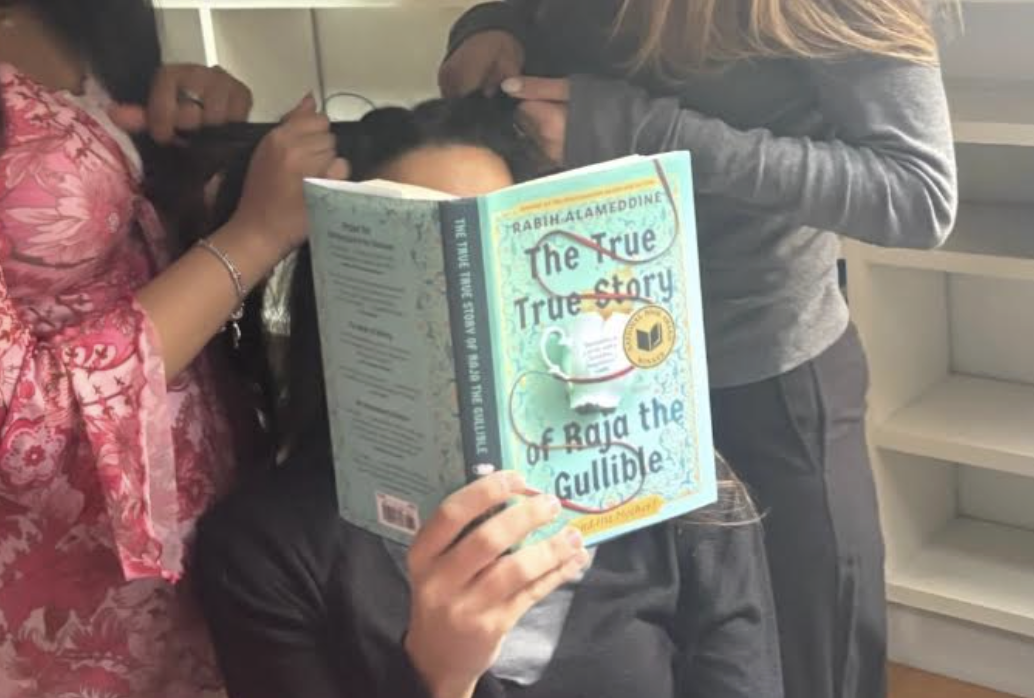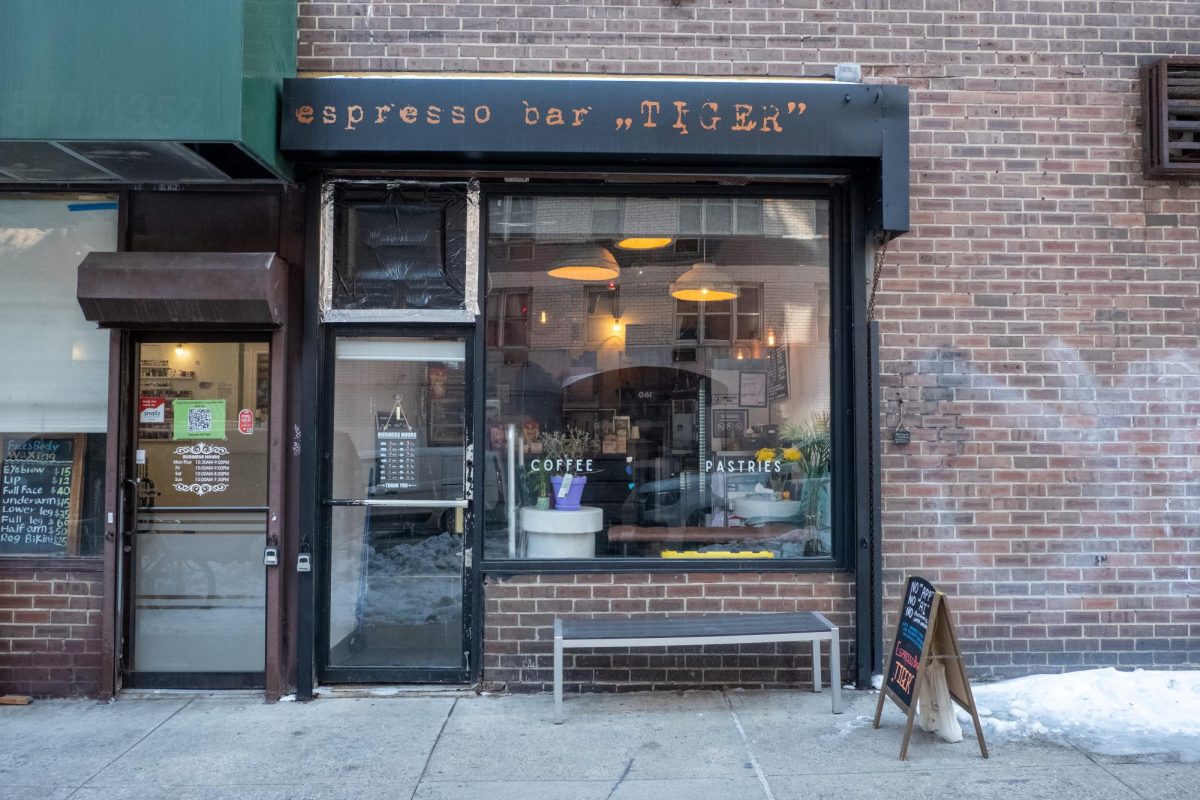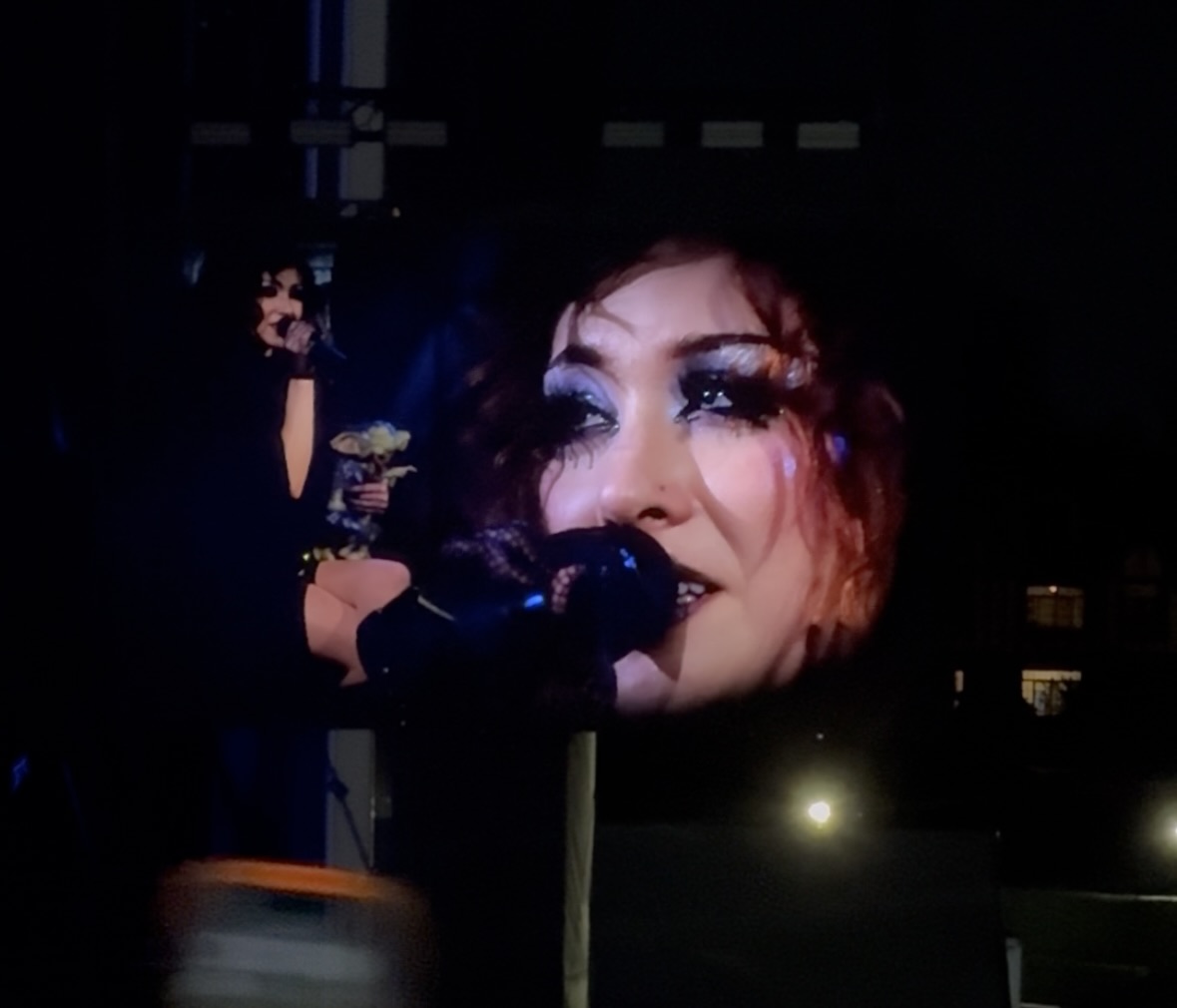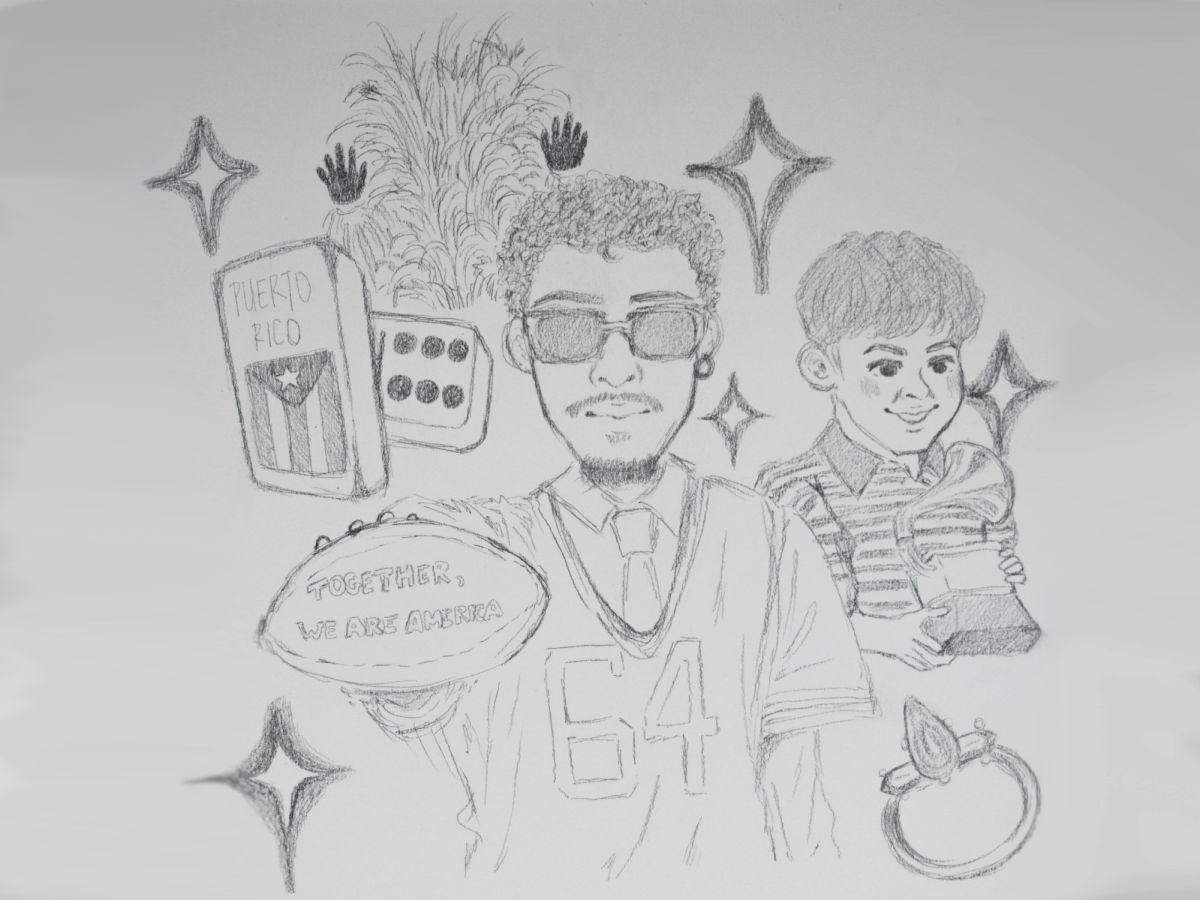The Todd Haimes Theater on 227 West 42nd Street came to life as attendees searched for their seats and settled down for the 7 p.m. viewing of the new production of the 2007 play “Yellow Face” by David Henry Hwang.
The room quickly grew silent as the lights dimmed and two boxes appeared on-stage, the fluorescent blue light shining down on them, and three characters were shown on stage, including Daniel Dae Kim playing the likable and sympathetic main protagonist David Henry Hwang.
“Asian parts must be played by Asian actors,” exclaimed Hwang as he is against replicating the casting mistake that “Miss Saigon” had. The audience knows their cue when to laugh and when not to, as this was one of the more important moments in relation to the identity of Asian Americans and representation in theater.
The audience follows an audition process for the play “Face Value” as they scout for a leading Asian actor. Again, viewers are asked, “What makes an actor Asian?”
As hearty laughter is heard throughout the theater, the audience is introduced to the leading actor, Marcus, played by Ryan Eggold. He is “a straight, masculine, Asian leading man.” Except he is white.
As the play continues with this setup, we witness a frantic Hwang as he is embarrassed to have failed his moral promise for accurate Asian representation in theater. With a fear of being exposed for his mistake, he encourages Marcus to have an Asian last name.
The show begins to blur the line between a self-defamation mockumentary and a more serious sociopolitical commentary about ethnic identity. The character that ignited the real underlying message about identity was Hwang’s father, Francis Jue, a Californian banker that champions the American dream; a dream where anyone can embody whoever they want to be. For him, it’s Gary Cooper, Jimmy Stewart, and Frank Sinatra
The characters throughout the entirety of the play add to this element. As the characters are matched to roles with mismatched gender and race, it becomes hard to follow who’s who.
The two boxes that appeared at the show’s beginning suddenly take the audience along a wild ride as they spread open, apart, and eventually, no boxes are shown at all. It provides a visual aspect of identity and characters and stage props in various roles and functions.
The audience is a lot quieter as protest letters are shown on the screen regarding Wen Ho Lee’s imprisonment for espionage. Two onstage protesters chant, “Asian American does not equal espionage.” Hwang’s father unintentionally becomes the personal and political object through the racist suspicion that he is a Chinese spy during the Chinese banking investigations of 1990.
In an attempt to clean up his father’s image, Hwang meets with a New York Times reporter, Greg Keller. The reporter doesn’t seem to follow what differentiates a Chinese-American and a person who is Chinese, since there is “no conflict between being white and American.”
If you aren’t familiar with Hwang’s works, it might be difficult to tell what part of the story is real and what isn’t. The lack of intermission doesn’t allow viewers to take in the information slowly, as the pacing is relatively fast, but the theme of identity is continuous, which helps it wrap up nicely.
Hwang’s father ultimately becomes disappointed in America and subsequently the American dream he realizes is something that isn’t meant for him to have achieved.
Hwang’s father being labeled as a Chinese spy without having been assigned to it is an unfortunately relevant reminder of the dangers of American politics in today’s atmosphere.



